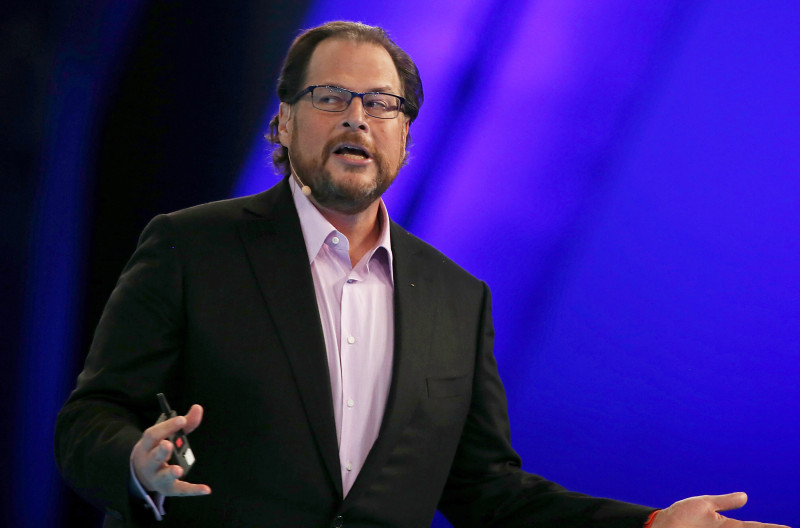“The world needs a North Star for truth on homelessness,” Benioff said in a statement. The initiative “will be that North Star, providing the latest research, data and evidence-based solutions to ensure we’re investing in programs that will help solve the homelessness crisis.”
Some San Francisco residents are frustrated with technology companies like Salesforce, a cloud-based software business, saying they contribute to inequality with high-paying jobs that drive up housing prices.
More than 4,000 people sleep on the streets every night in the city, where the median price of a two-bedroom home is $1.3 million. A family of four earning $117,400 a year is considered low income in San Francisco.
Benioff approached the university because he wants officials spending tax money to make decisions with the best data available, Kushel said. The plan is for researchers to analyze the data and provide neutral, trusted analysis.

